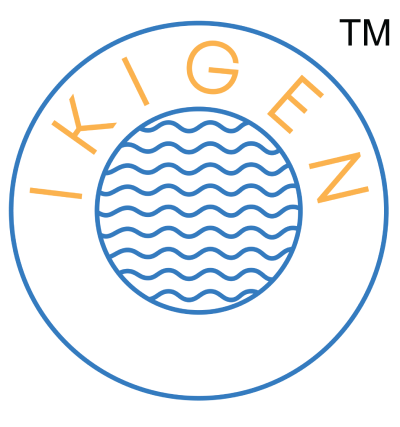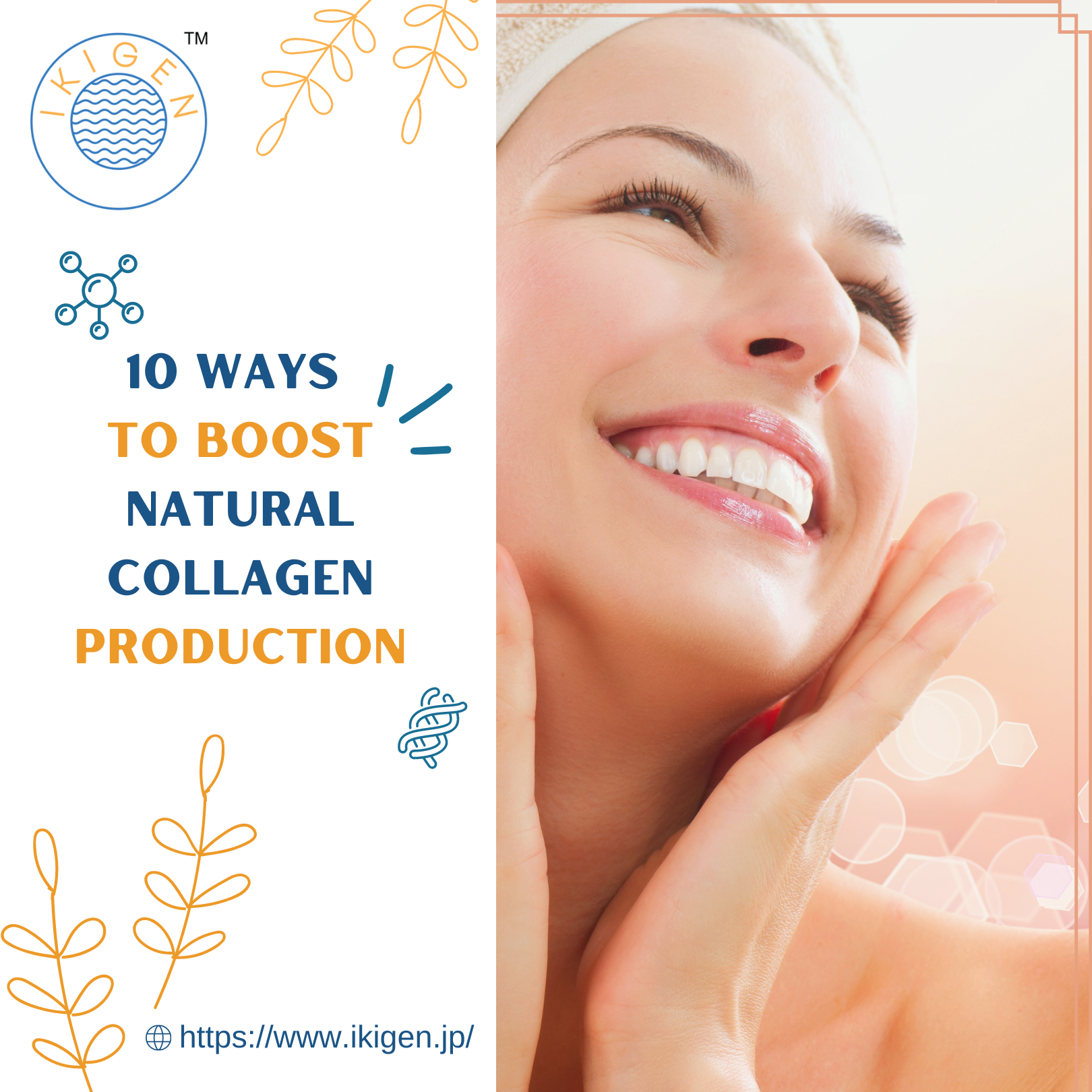Collagen supplements seem to be taking the world by storm. They have become a notable candidate in the protein supplement market and are quickly rising to the top of the list regarding what supplements people are buying.
Despite the rise in its popularity, there are many questions around for instance what collagen supplements are, what they do, and whether they work or not.
There have been lots of reliable studies, and some results have been very encouraging.
HOW COLLAGEN SUPPLEMENTS WORK?
Your body is filled with cells that have specific jobs to keep your system working smoothly, Fibroblasts are cells with a significant job: They produce collagen.
In order to make things happen, fibroblasts need access to amino acid building blocks—such as the amino acids glycine, proline, and hydroxyproline.
Collagen supplementation gives your cells the amino acids they need to continue doing what they do best: make more collagen.
You’ll usually find collagen supplements in powder form like Ikigen serves to its customers, called hydrolyzed collagen peptides—another name for collagen protein powder. “Hydrolyzed” means the collagen has been broken down into a smooth, light powder that is easier for your body to digest and use.
DO COLLAGEN SUPPLEMENTS WORK?
WHAT DOES SCIENCE SAY?
Collagen is linked to several health benefits. Some of these have been heavily researched and can be backed by scientific evidence,
Some of the claimed health benefits with studies to support them include:
Skin health
A large number of people who take collagen supplements do so for the benefits of their skin. Collagen supplements can help slow down the ageing process by improving skin elasticity, boosting moisture levels, and reducing wrinkles. A study published in the Journal of Medical Nutrition and Nutraceuticals and a similar study conducted by the Department of Dermatology, University of Kiel, Germany confirmed collagen supplements are beneficial to skin health, The study revealed several women who drank a collagen supplement containing hydrolyzed collagen, actually showed significant improvements in their skin’s hydration and elasticity.
Cellulite Reduction
A large number of women over the age of 20 suffer from cellulite, and many supplements have been tried to find one that can reduce the orange peel appearance of the skin. One study of women with moderate cellulite took marine collagen peptide for six months. They showed a significant decrease in the degree of cellulite and reduced skin waviness on their thighs. The study reported that collagen treatment worked in average-weight and overweight women.
Bone Strength
As we age, it’s not only our skin that loses its strength and structure. Our bones are made up of collagen and its production decreases, making bones weaker. A study revealed taking marine collagen can help prevent bone deterioration. The combined supplement may also improve bone mineral density to reduce the risk of osteoporosis in postmenopausal women.
Digestive Health
People who suffer from Irritable Bowel Syndrome (IBS) may benefit from collagen supplements. Some amount of research has been completed in this area.
Heart Health
Atherosclerosis is a disease caused by the build-up of plaque inside the arteries. A small six-month trial of marine collagen peptide could reduce the incidence of atherosclerosis with a reduction in artery stiffness and reduced levels of bad cholesterol.
Muscle mass
We lose muscle mass as we age, but a doctor may diagnose sarcopenia if a patient suffers significant muscle loss and strength. In a study elderly men with sarcopenia were given 15 grams of collagen while completing a 12-week exercise program. They gained notably more muscle mass and strength than men who only exercised.
Mental health
Some people claim collagen supplements have improved their mental health by decreasing anxiety and improving mood. A study has found collagen can protect brain cells against amyloid-beta (Aβ) proteins which are linked to Alzheimer’s disease. Researchers have also linked glycine and schizophrenia. Around one-third of collagen is made up of glycine, a non-essential amino acid. Which can improve general psychiatric symptoms and improve sleep.
Conclusion:
In conclusion, collagen supplements do have some health benefits, and the results from the studies sound promising.
Also, the available result has not shown any side effects in people given collagen supplements, which is proof of their safety and harmlessness.

